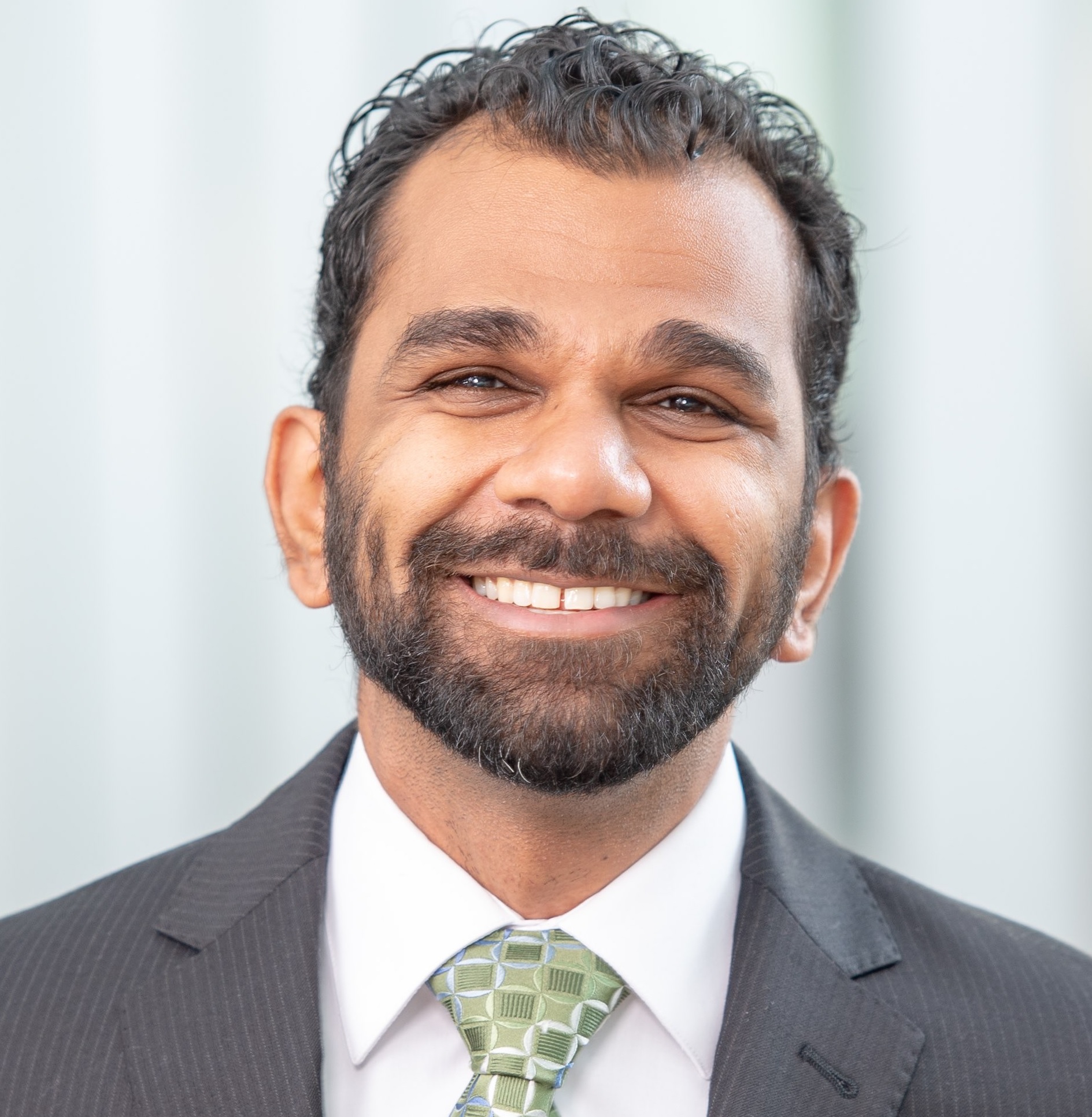Many healthcare workers will have health conditions or personal circumstances that make them more vulnerable to covid-19. The private dilemmas they face should be openly discussed, argues Utpal Sandesara
 The US’s woeful pandemic preparation has forced healthcare workers involved in the care of patients with covid-19 to brave unsafe conditions. But the prevailing public narrative—one of inadequate personal protective equipment (PPE) subjecting everyone to unnecessary risk—tells only half the story.
The US’s woeful pandemic preparation has forced healthcare workers involved in the care of patients with covid-19 to brave unsafe conditions. But the prevailing public narrative—one of inadequate personal protective equipment (PPE) subjecting everyone to unnecessary risk—tells only half the story.
The other half concerns the uneven distribution of risk within workplaces. My recent conversations with fellow healthcare workers have repeatedly raised a seemingly private dilemma. The dilemma revolves around a question many hesitate to even ask: do our obligations to patients and colleagues change when insufficient protection intersects with personal vulnerability?
A recent op-ed made the case for shielding healthcare providers who are older or chronically ill from covid-19. My recent conversations convince me that we must consider a broader range of conditions—many invisible—that put people at particularly high risk. We must consider them not just for doctors and nurses, but for all 17 million US healthcare workers.
Let me share a few examples.
One of my colleagues is an emergency medicine intern with a newborn daughter. Upcoming weeks hold ICU, emergency department, and general medicine rotations for her, and she’s terrified of giving her baby covid-19 because of insufficient masks at work.
I hear the angst in her voice as she asks, “What the heck do I do?” Should she stay with her family, potentially exposing them? Should she move out, leaving her partner to shoulder parenting duties alone while working full time? Or should she request family leave?
Just mentioning the last option causes her to wince. She tells me it wouldn’t be fair—to the patients she signed up to serve or to the coworkers who’d pick up the slack.
Others face similar dilemmas. A resident I know in another hospital has compromised immunity. He tells me that he feels torn upon being asked to examine coughing outpatients without a mask because “they don’t have fevers and we’ve really got to conserve PPE.” A nurse I know dreads going to work because of fears about how covid-19 might hurt her pregnant body or her unborn child.
It’s not just doctors and nurses, though. What about those cleaning hospital rooms suspected of coronavirus contamination? They often lack the privilege or publicity afforded medical providers, but we shouldn’t forget their contribution or the risks they face. One of my colleagues doing this vital work has bad diabetes and well controlled lupus, and she’d certainly benefit from switching assignments with lower risk coworkers. But instead, she keeps quiet and carries on; she tells me that her family needs to eat, a consideration that’s foremost for many people during a crisis that’s hitting working class and ethnic minority families hardest.
Vulnerable healthcare workers face impossible choices. They fear for themselves and their loved ones. But they also feel tremendous guilt. Consistent with a medical ethos that emphasizes selflessness above all, they agonize over commitments to patients and colleagues. In many cases, they find themselves trapped by tight finances and leave policies that specifically exclude them. We need to openly discuss this moral tug of war and confront the dilemmas our fellow workers are suffering in private.
I feel fortunate. My residency program has encouraged those with compromised immunity, pregnancy, or other extenuating circumstances to discuss reassignment. It has arranged temporary housing for those wishing to protect family members, as Governor Gavin Newsom is now doing for Californian healthcare workers who are being exposed to the virus.
Unfortunately, many workplaces have not even acknowledged that compromised safety puts some healthcare workers at higher risk than others. In places like New York, where a massive surge has already hit, it may be too late. But the rest of us must discuss reassignment, rehousing, and other protective measures immediately, or else risk missing our chance entirely.
Some vulnerabilities won’t lend themselves to criteria as straightforward as an age cutoff. Local context will matter. Individual circumstances will matter. Good decision making will involve acknowledging ethical ambiguity and engaging in ongoing dialogue. Such dialogue shouldn’t remain entirely private. Allocating risk among healthcare workers and prioritizing protection for the most vulnerable are topics that deserve open deliberation and communication.
Rank and file workers must speak up, too. We must let both employers and coworkers know that we stand in solidarity.
Finally, the imperative to protect the most vulnerable is ultimately part of the imperative to protect us all. Unsafe working conditions and lack of PPE differentially endanger vulnerable workers and families, but they affect everyone. Shielding the most vulnerable should be one part of a larger strategy for robust, universal safety protocols for all healthcare workers.
Utpal Sandesara is an anthropologist and resident physician in internal medicine at UCLA. Certain identifying details in this article have been modified to protect privacy.
Competing interests: I have read and understood BMJ policy on declaration of interests and declare the following interests: None.
